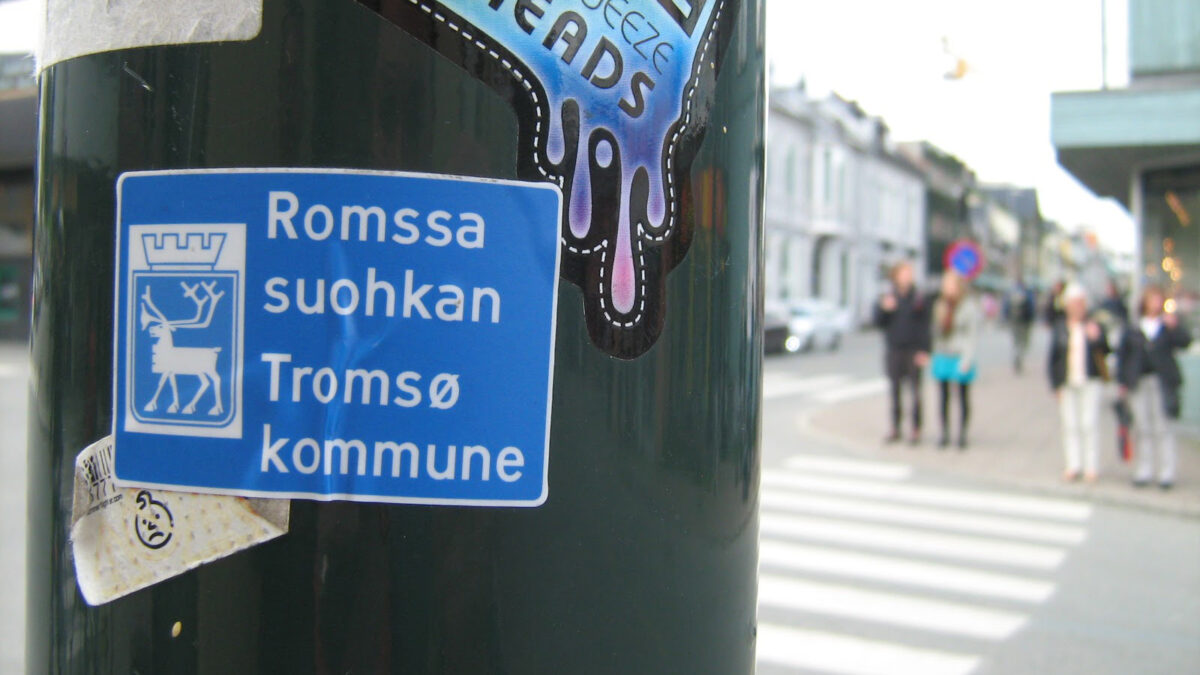Time: 09:30 - 11:00, Thursday October 28 Room: PA 128, P46 OsloMet
Questions of diversity, difference and divides are central to urban studies. Cities are celebrated as places and spaces where diversity – cultural, social, political – can flourish.
Inspired by Ye’s (2019) question about how we ‘live with difference in shared spaces’, we aim to discuss multiple dynamics of urban diversity and explore the productive encounters and frictions that shape inclusion and exclusion in multiple spaces and places of the city.
As part of a series of sessions about urban diversity, this session will focus on indigeneous urbanisation.
Indigenous urbanization is a global event wherein urban indigenous populations are increasing, both through (a) migration and (b) revival.
- In the case of (a): many indigenous peoples are predominantly rural or have earlier been ruralized through processes of colonization, but the global process of urbanization has led to a large-scale rural-to-urban redistribution also of indigenous populations.
- In the case of (b): urban descendants of assimilated indigenous individuals are re-identifying as indigenous, as part of indigenous revival movements.
Together, these two processes radically change the demographic character of many Indigenous peoples, from the Sámi of the Nordic states and Russia to the Mãori of Aotearoa/New Zeeland.
Program
To structure our session, each participant will have 10-15 minutes to present their paper and respond to questions. We will conclude with a plenary discussion with all participants.
Paper 1: Researching on ‘Urban Country’: Practice, Context and the Politics of Place, Prashanti Mayfield, UiT – Arctic University of Norway
Paper 2: Displacements of time: colonial architecture and its contestation, Tone Huse, UiT – Arctic University of Norway
Paper 3: Displacement, Urbanization and ‘New Nomadism’ – perspectives on indigenous urbanity in Sápmi and Greenlandic contexts, Anna Andersen, UiT – Arctic University of Norway
Paper 4: The urban Sámi. Challenges and opportunities for the future of Sápmi, Astri Dankertsen, Nord University
Paper 5: Indigenous representation in the governance of urban Indigenous spaces, examples from Norway and Russia, Mikkel Berg-Nordlie, NIbr, Oslo Metropolitan University
Organizers
The session is organised by members of the Diversity Studies Centre Oslo (DISCO)’s working group on urban space and diversity, Oslo Metropolitan University:
- Chair: Mikkel Berg-Nordlie, NIBR, Oslo Metropolitan University (contact person): mikbn@oslomet.no
We plan hybrid panels to accommodate international participants unable to travel to Oslo.
Note: This session is one of two sessions under the theme «Changing dynamics of urban diversity’»
